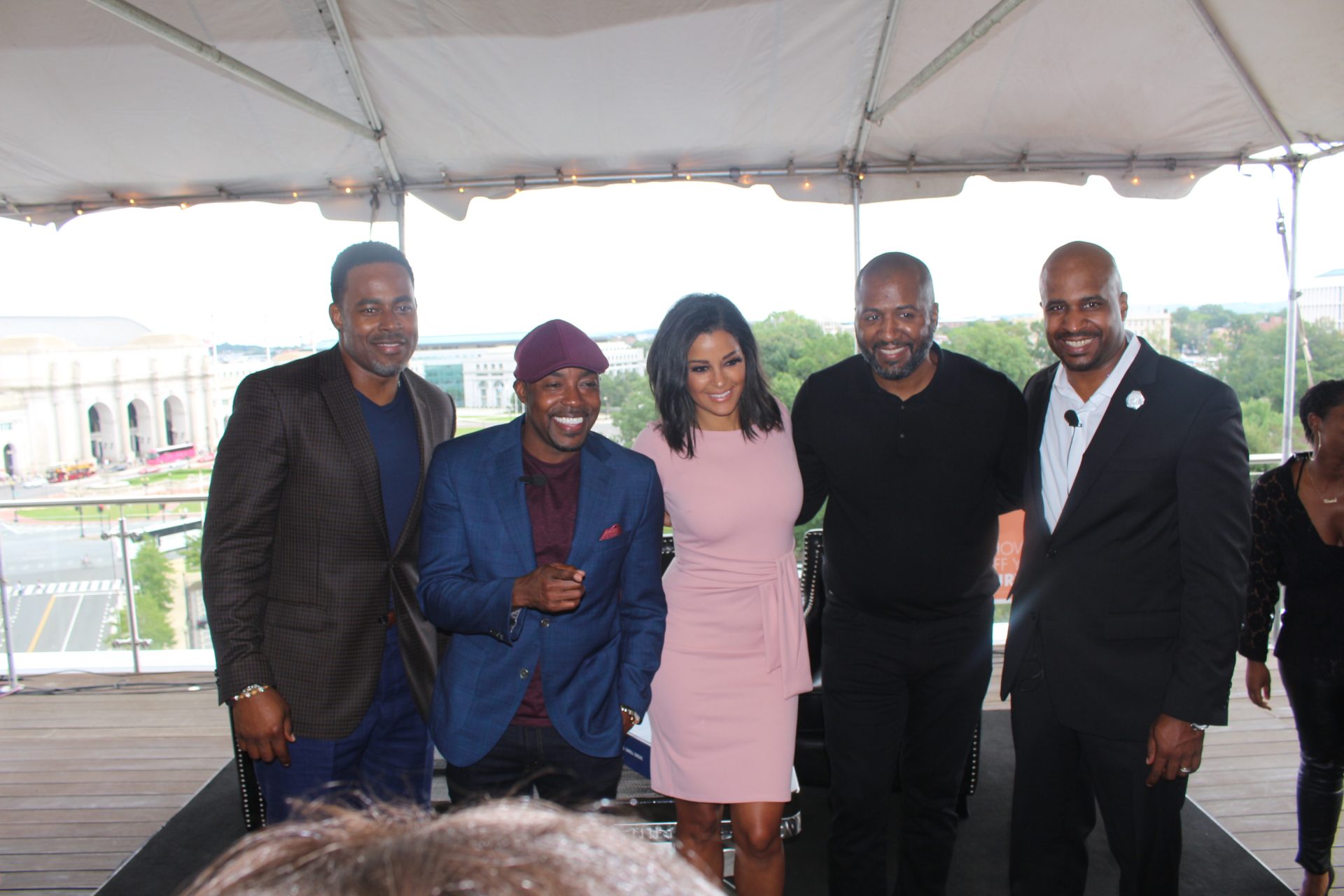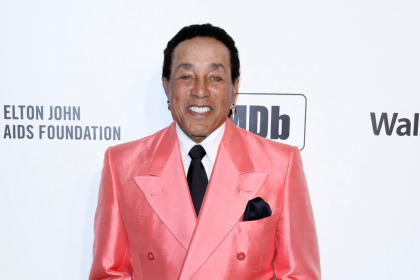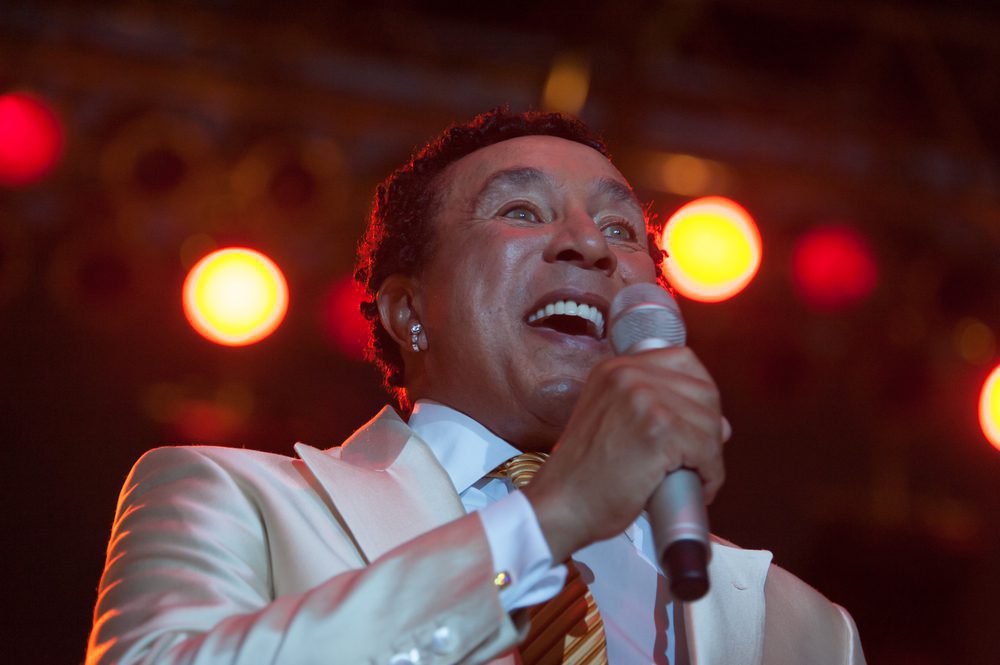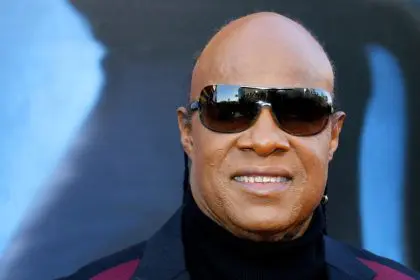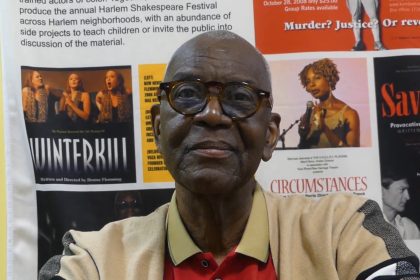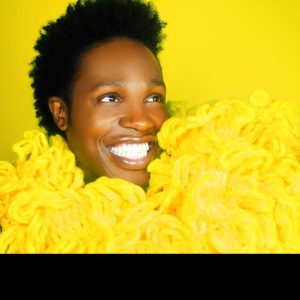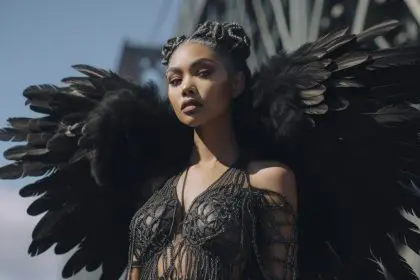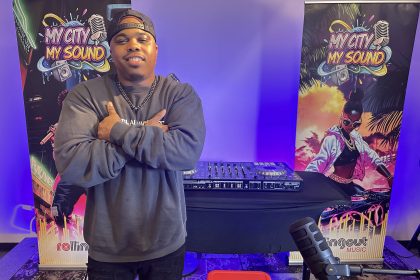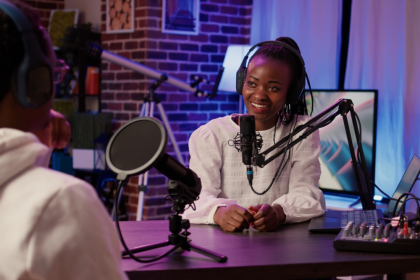
Photo Credit: Brian Benedetti
Harlem Arts Alliance Presents: On the “A” w/Souleo
Presenting the exhibition, Come See About Me: The Mary Wilson Supremes Collection has proven to be more of a look forward than a look back for Mary Wilson. The Supremes are widely credited with helping to produce a more positive and empowering image of Black women during the racially turbulent era of the 1960s. Now, Wilson hopes to share the lessons of integrity, class and strength that she has learned over the years. She aims to do this by planning an educational program for women. One of her inspirations for the project is Maxine Powell, co-founder of Motown’s artist development unit.
“Ms. Powell and I are talking about perhaps something I could take up to start some image consultant place or something for people,” she says. “My school would be similar to Ms. Powell who gave us instructive information that we could go out and use as opposed to only pointing out flaws. People need an abundance of education so that they won’t accept everything someone tells them. So that’s one of my future plans.”
One person who certainly hopes that Wilson makes this a reality is her collaborator for Come See About Me, Elizabeth Morrow of Blair-Murrah Exhibitions. “When the Supremes were together that was a very special time. There was elegance and we need to revive a little of that. Some girls today are lost and they really need Mary,” she says.
It was all about uplifting girls and boys at the Brotherhood/Sister Sol ninth annual VOICES benefit at New York City’s ESPACE. This year’s honorees for the Harlem based organization were singer and bassist Esperanza Spalding and Susan L. Taylor, editor-in-chief emeritus of Essence Magazine and founder of the National CARES Mentoring Movement. There were several memorable moments including the singing of Norm Lewis, powerful spoken word performances by current participants and alumni of The Brotherhood/Sister Sol and Taylor’s call to action for more mentors and supporters of the Brotherhood/Sister Sol. “The ‘bad behavior’ we see wherever there are poor and disenfranchised people is a cry for help. We are not doing the work we should be doing in our communities,” she says. “When the call goes out for mentors, white women appear first, then white men, then black women and then black men. We need mentors in reverse order.” To get involved please click here and here.
To read the entire column please click here.

